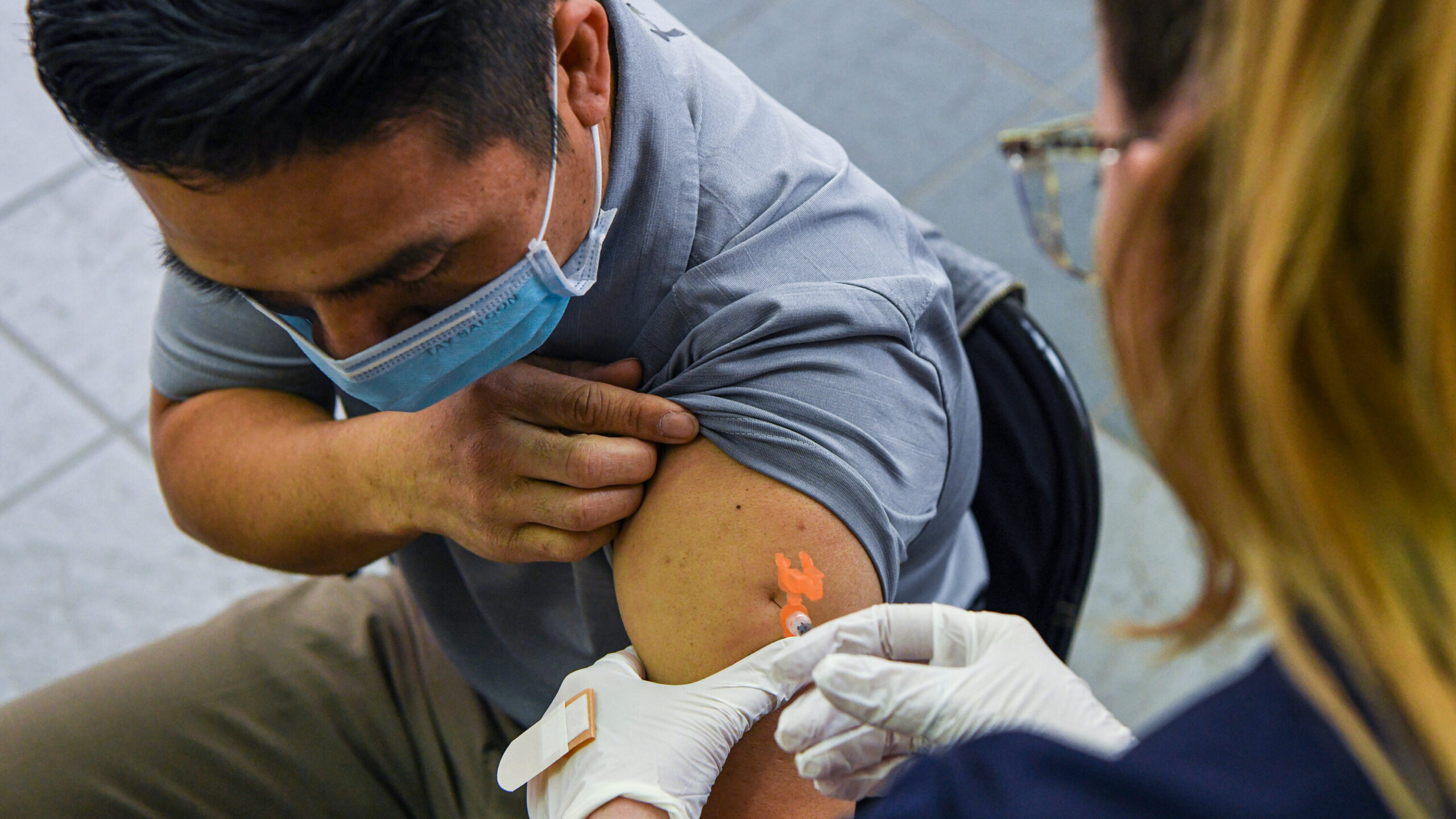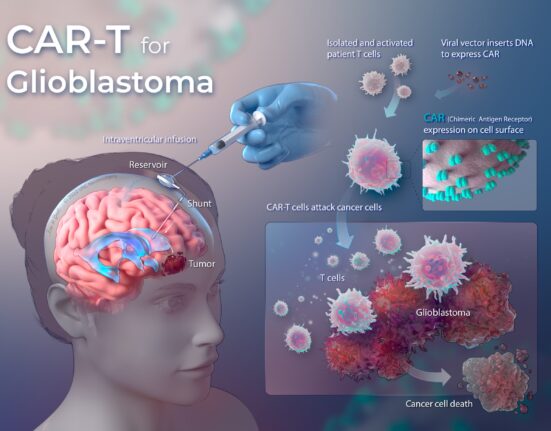Childhood eczema, also known as atopic dermatitis, is not just a skin condition—it’s a distressing experience for both children and parents. Imagine seeing your little one scratching until they bleed, unable to sleep well, and missing out on school or nursery because of the discomfort. It’s heartbreaking for any parent to witness their child in such agony.
The typical treatments for eczema involve using topical corticosteroids and emollients to soothe the skin. While there is no definitive cure for eczema, many children often see an improvement as they grow older. However, some cases persist into adulthood or even appear later in life unexpectedly.
Recent studies have shed light on the connection between gut health and various skin conditions like eczema, acne, psoriasis, urticaria (hives), and even hair loss. The balance of microbes in our gut—known as gut dysbiosis—affects our overall well-being significantly. The human gut microbiome consists of trillions of microorganisms that play a crucial role in our immune system and overall health.
Experts have identified a strong link between gut dysbiosis and atopic dermatitis. Imbalances detected through stool samples often show a deficiency in beneficial bacteria critical for maintaining healthy skin. This connection between gut health and skin conditions is referred to as the “gut-skin axis.”
During the Covid-19 pandemic, extreme hygiene practices inadvertently impacted children’s immune systems by reducing exposure to essential microbes necessary for healthy development. As Professor Dr Siew C. Ng explains from her research at The Chinese University of Hong Kong (CUHK), babies born during this period faced challenges due to sterile environments created by increased hygiene measures.
The study conducted by CUHK researchers revealed alarming trends among infants born during the pandemic—including a decrease in beneficial bacteria linked to immunity and an increase in harmful bacteria resistant to antibiotics. These factors contributed to a surge in skin allergy conditions among children.
One significant finding was the depletion of Bifidobacterium breve—a vital strain essential for infant gut health—by 72% in babies born during the pandemic compared to those born earlier. This shortage had repercussions on their immune systems, making them more susceptible to allergies and gut-related issues.
Furthermore, how a baby is delivered influences their initial exposure to different types of bacteria. Babies born via caesarean section tend to acquire microbes from sources such as hospital environments rather than vaginal birth canal flora—an important factor that can impact their predisposition to eczema later on.
To address these imbalances and alleviate symptoms of eczema, researchers developed a patented microencapsulated formula containing essential strains like Bifidobacterium breve . This specialized formula aimed at restoring microbial diversity showed promising results in improving children’s eczema severity levels within three months of daily supplementation.
Through metagenomic sequencing analysis before and after supplementation, researchers observed positive changes in the composition of beneficial bacteria within the participants’ guts post-treatment. Notably, other beneficial bacteria flourished alongside Bifidobacterium strains, indicating an enhanced gut ecosystem promoting healthier immune responses that alleviate eczema symptoms.
Continued research is underway to explore long-term benefits of probiotic supplementation on maintaining balanced microbiota for sustained relief from eczema flare-ups without relying heavily on conventional treatments like steroids or biologics.
Professor Ng emphasizes that early colonization with specific beneficial strains like Bifidobacterium plays a crucial role not only in managing skin conditions but also potentially reducing susceptibility to infections like Covid-19 later in life—a testament to the intricate relationship between gut health and overall immunity.
As we delve deeper into understanding how our gut influences various aspects of our health—from digestion to immunity—it becomes evident that nurturing our microbiome early on could be key to preventing chronic illnesses down the line.









Leave feedback about this